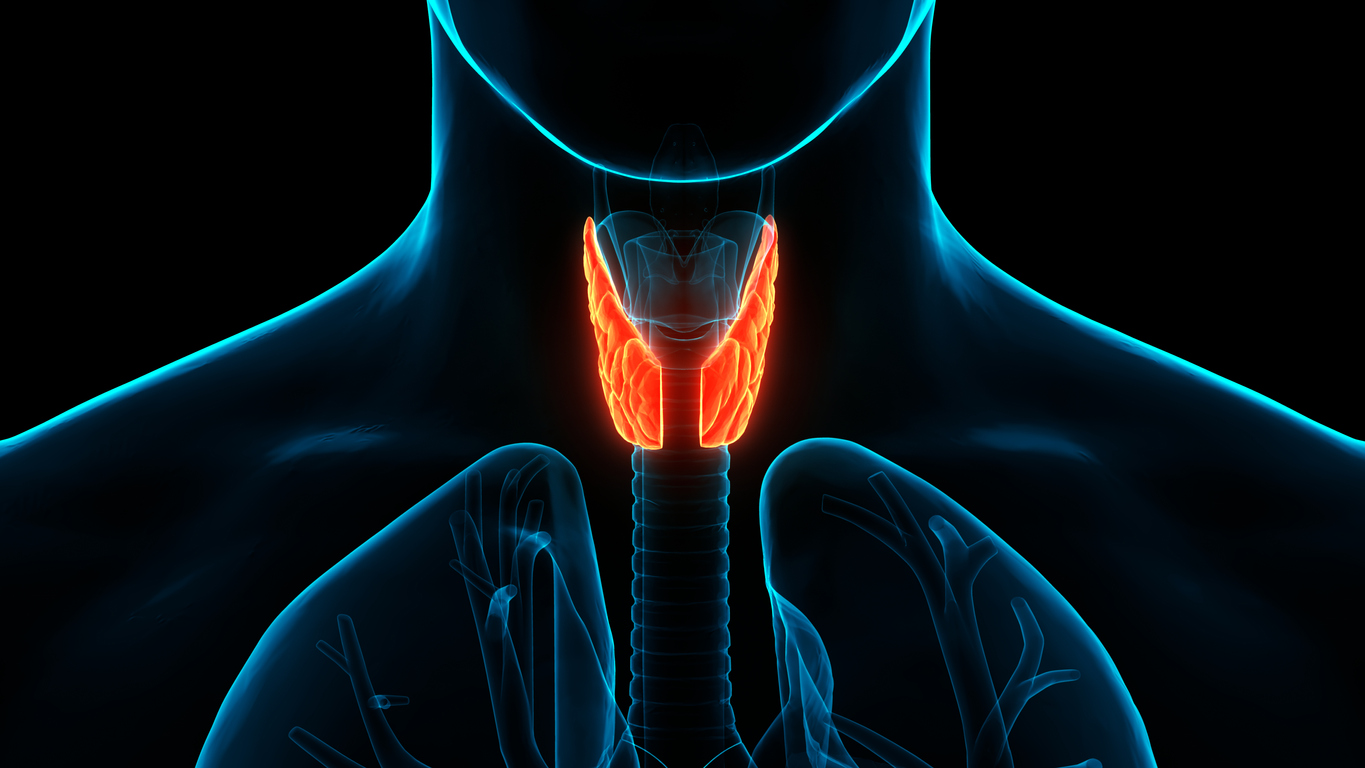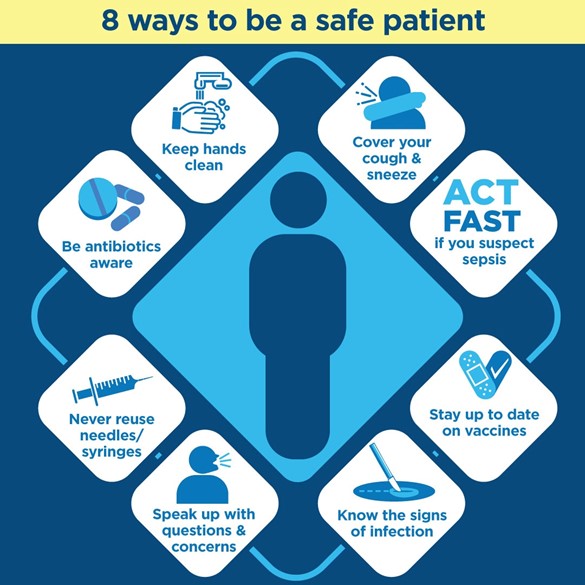Don’t Sweat It! – Tips for Renal Patients During Summer Heat
Summer is here and this time of year can be especially challenging for dialysis patients! No matter how thirsty you are, you must still monitor your fluid intake. At the Dialysis Patient Citizens Education Center, we are continuously researching and sharing information that can improve the quality of life of renal patients. This article focuses on fluid intake and thirst tips and is provided by Fresenius Kidney Care (freseniuskidneycare.com) and DaVita (davita.com). The following information is provided by Fresenius Kidney Care. Dialysis works to remove excess fluid from your blood, so it’s important to manage your fluid intake. Fluids are typically [...]










